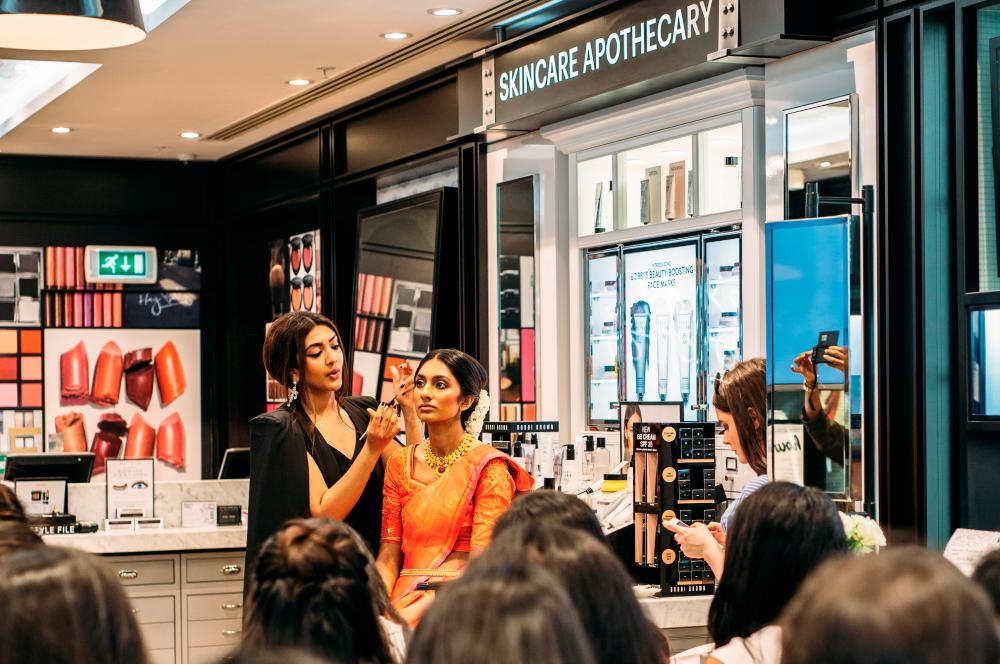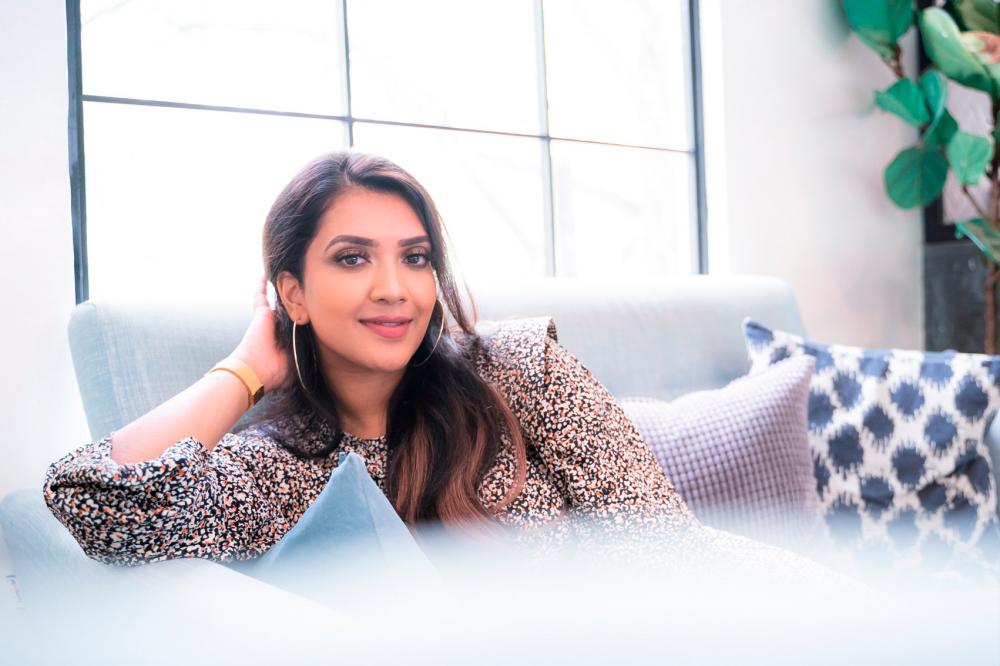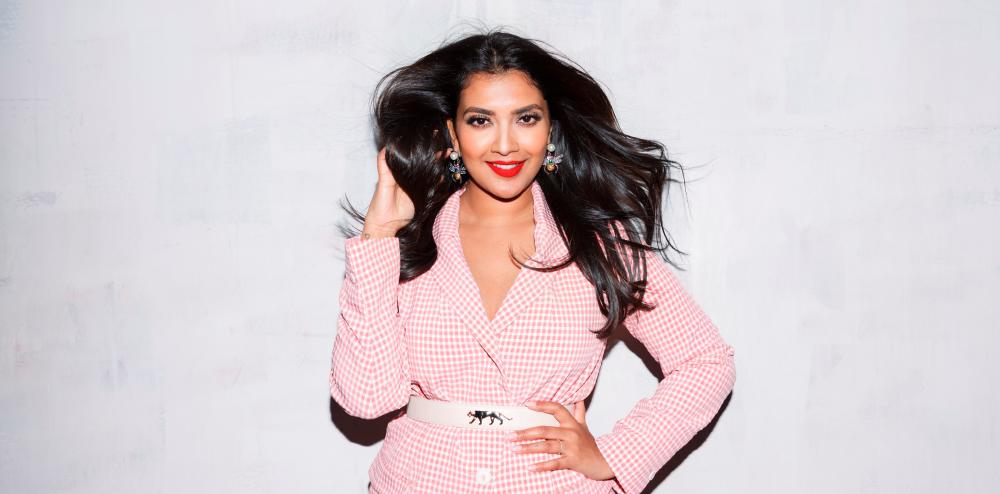NEVER before has the conversation surrounding mental health been quite so critical.
Informed by her own personal struggle with mental illness, makeup artist Vithya Visvendra decided to not be haunted by her inner demons and let them consume her.
Thus, as she became more successful, she started using her platform to openly discuss issues around mental health within the South Asian community in an effort to normalise the conversation around it.
Vithya shares: “When I started attending primary school in Germany, I was bullied for my dress style as my parents could not afford to dress me in nice clothing.
“So the way I presented myself was my only identity back then, and still is now, I guess.”
Shortly after Vithya was born in Sri Lanka, she and her family fled the country after the civil war broke out, and sought refuge in Germany.
She faced xenophobia as early as kindergarten, from fellow students and also the teachers for not speaking German, and was called names for being a person of colour.
Things didn’t change even after she went to high school in England.
“My main reason for doing makeup, despite loving getting ready or getting others ready, is that it initially helped me get through my depression, so it was a therapeutic experience to do makeup on someone and see their pleasant reactions,” she adds.
“Since the age of 12, I’ve always been interested in makeup and fashion. Beauty for me has always been about confidence, and it still is the same for me today as it was when I started out.”
With over a decade worth of experiences under her belt, Vithya is recognised as the first Tamil makeup artist to teach MasterClasses internationally.

Could you share with us what was it like living with mental illness?
“Understanding or accepting that I had a mental illness itself took many years. Not having anyone around me who openly spoke about it, because there was and still exist such a stigma about mental health in my community, it was hard to be able to share the burden.
“I eventually learned to live with it, and the only thing that got me out of bed every day was my job. When it became harder to motivate myself to get out of bed, I decided to see a doctor, who then referred me to a therapist. Therapy and medication eventually got me out.”
I think part of the reason as to why mental illness is seen as such a taboo, regardless of any culture or community, could be the feeling of embarrassment and shame.
“I believe that it is seen as something weak and therefore an embarrassment. But being open about one’s ‘weakness’, if you want to put it that way, is strength and bravery to me.”
What would be your advice for those who are ashamed to seek help?
“Us humans want to set an example. In today’s society, being influential has become a trend. Being ashamed to seek help means that your own children will be ashamed too, and this perpetual cycle of taboo continues, and people lose their livelihood over it. Taking that first step is important.”
How does telling your stories with mental illness able to help people who do not live with mental illness?
“The biggest thing I lacked throughout most of my years suffering from depression was not having a support system. I want people to understand the seriousness of mental health issues, and how they can help someone who is showing symptoms.”
Do you notice a change in people’s mindset towards mental health?
“I love social media for that. People have been raising awareness on this topic so much. Whether it’s trending or not, the main thing is awareness.
“My own parents who never understood the word depression, fully understand it now. Especially now with the pandemic, I think people have become more sensitive and accepting.”
As a makeup artist, could you share how the beauty industry and its unrealistic beauty standards may affect our mental health?
“Comparison is so toxic. As much as I love social media, it can be a double-edged sword. The beauty standards are set by people on social media, and younger girls get influenced, and the constant comparison has been affecting their mental health.
“Having younger cousins in my family, I hear them talk about their insecurities all the time, and it upsets me how much the standards have changed from when I was a little girl. This is why it is important for me to advocate for mental health and set a good example.”
What does mental clarity mean to you?
“Mental clarity means making the right choices for yourself and being able to be content. We all want to be happy, yet happiness seems to be an illusion for most.
“Mental clarity gives me a realistic view of what I want in life and why. It helps me deal with situations more rationally. I believe having good mental health is the key to a happy and successful life.”















